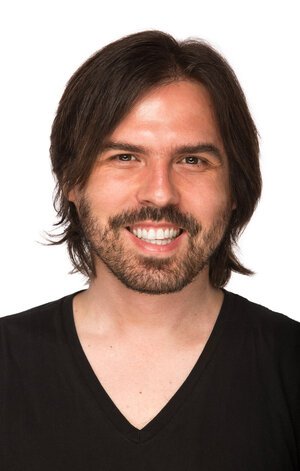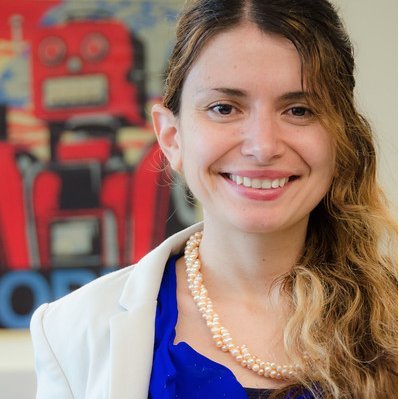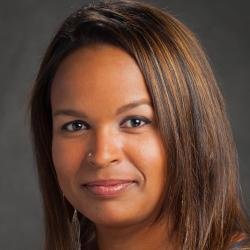
EAAMO colloquium SERIES
Upcoming Events

Moon Duchin: "Differential privacy comes to the U.S. Census"
The Census is doing something new and interesting this year: implementing a differentially private algorithm called TopDown, so named because it works its way down the levels of a geographic hierarchy. The Census is already facing lots of scrutiny of its ability to provide a reliable count for marginalized communities under unprecedented political pressure from the White House and in pandemic conditions. Will this privacy protection mechanism result in erasure and undercounting for the same hard-to-count groups? What are the impacts on redistricting and the enforcement of the Voting Rights Act? I'll describe joint work with Aloni Cohen, JN Matthews, Bhushan Suwal, and Peter Wayner, incorporating reconstruction data from Mark Hansen and Denis Kazakov. No prior knowledge of U.S. politics required.

Special Talk - Bistra Dilkina
Bistra Dilkina is a Gabilan Associate Professor of Computer Science at the University of Southern California. She is also Co-Director of the Center for AI in Society (CAIS). Before that, Dilkina was an Assistant Professor in the College of Computing at the Georgia Institute of Technology and a co-director of the Data Science for Social Good Atlanta summer program. She received her PhD from Cornell University in 2012, and was a Post-Doctoral Associate at the Institute for Computational Sustainability until 2013. Dilkina is one of the junior faculty leaders in the young field of Computational Sustainability, and has co-organized workshops, tutorials, special tracks at AAAI and doctoral consortium on Computational Sustainability. Her work spans discrete optimization, network design, stochastic optimization, and machine learning.

Matthew Weinberg: "Personal Anecdote: Healthcare Research through MD4SG as a Theorist"
This will be a (mostly) non-technical talk describing my experience working on this project. The paper is motivated by healthcare exchanges, where a designer can't directly set prices, but can regulate which providers enter the market. The two extremes to have in mind are typical employer exchanges in the US (which typically limit entry to few providers) or government exchanges (which typically do not). The paper provides a mathematical model to reason about tradeoffs between these two paradigms. I will describe the model and results from this paper, but mostly focus on my experience learning about healthcare through the MD4SG working group, from the perspective of someone with a CS theory background. The referenced work is joint with Meryem Essaidi (Princeton) and Kira Goldner (Columbia).

Karen Smilowitz: "On the use of operations research methods for the design of school districts"
Operations research methods have been used to identify and evaluate solutions to the reconfiguration of public school attendance area boundaries for over fifty years. The talk will explore connections between evolving issues in public education and advances in optimization, computing and geographic information systems, beginning with early work motivated by Supreme Court decisions to desegregate schools. We will also discuss how the limitations of early models and solution approaches hindered their applicability. The years since have seen new research directions to address additional challenges related to the design of school attendance boundaries and leverage emerging advances in technology. The talk will end with a reflection on current issues facing public school districts, including school busing and return-to-school plans amid the COVID-19 pandemic, and the ways in which operations research can be part of these discussions.
Past Events
Recent talks
Medium Article - Dr. Lisa Cook
“Can mobile money be used to more efficiently and equitably distribute emergency funds to families affected by the COVID-19 economic crisis?”
Medium Article - Professor Bistra Dilkina

































